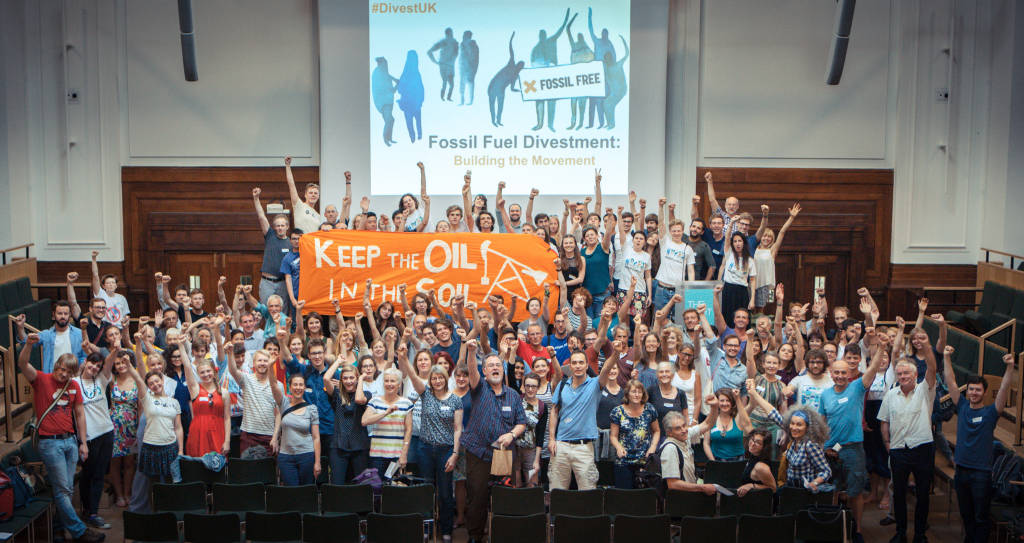Fossil Free
Step 1:
Choose Your Target and Build Your Team
Step 5 Keep The Conversation Going Step 6 Win And Get The Word Out Divestment Arguments Help Making Your Case Contacts Where To Go For Help Print This Guide Download A Printable Version To Share
Choose your target
The first decision you need to make is what institution will be the focus of your divestment campaign. Many Catholic institutions have savings and investments which could be invested in fossil fuel companies.
Think about what institutions you are associated with. These may range from congregations, small parishes and diocesan funds, to larger organisations such as charities, hospitals, Archdiocesan funds, Universities, superannuation funds, insurance or pension funds.
Once you have picked the target of your campaign, start to build the team that is going to help run it.
Build a team
Building a campaign team is important, but it’s okay to start small. Get people you know together and ask around groups working on similar issues in your area for people who might be interested.
Divestment campaigners’ top tips:
Who better to take advice from than those already campaigning to divest their local authorities from fossil fuels? Here we share their top tips for building a strong team:
- Have an agenda for the first meeting. Lay out what information you’ve got and make sure there’s time for people to introduce themselves and why they’re there.
- Building trust and friendship between team members helps us work together, so make time to get to know each other. Socials are good.
- Understanding what people’s skills and interests are is important, and a diversity of skills and experience will help the campaign.
- Internal email lists, Facebook groups and a shared Dropbox, Google-drive or online tasks dashboard can be useful for communications between meetings.
- Regular meetings are important to keep up momentum.
- Different people will be able to have different levels of involvement, and it’s important to cater for that – not everyone has to come to every meeting.
- Some groups use consensus decision making techniques to ensure that everyone in the group is listened to.
